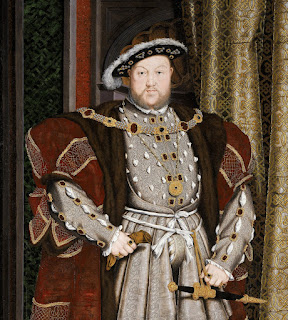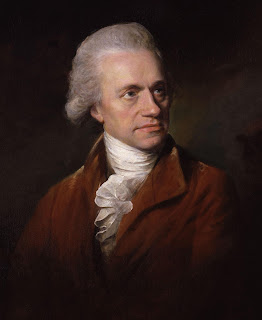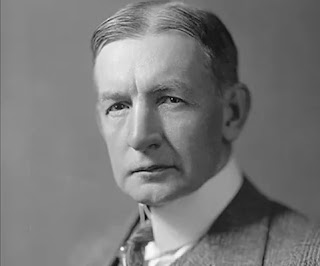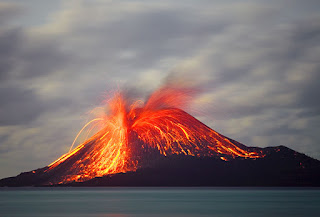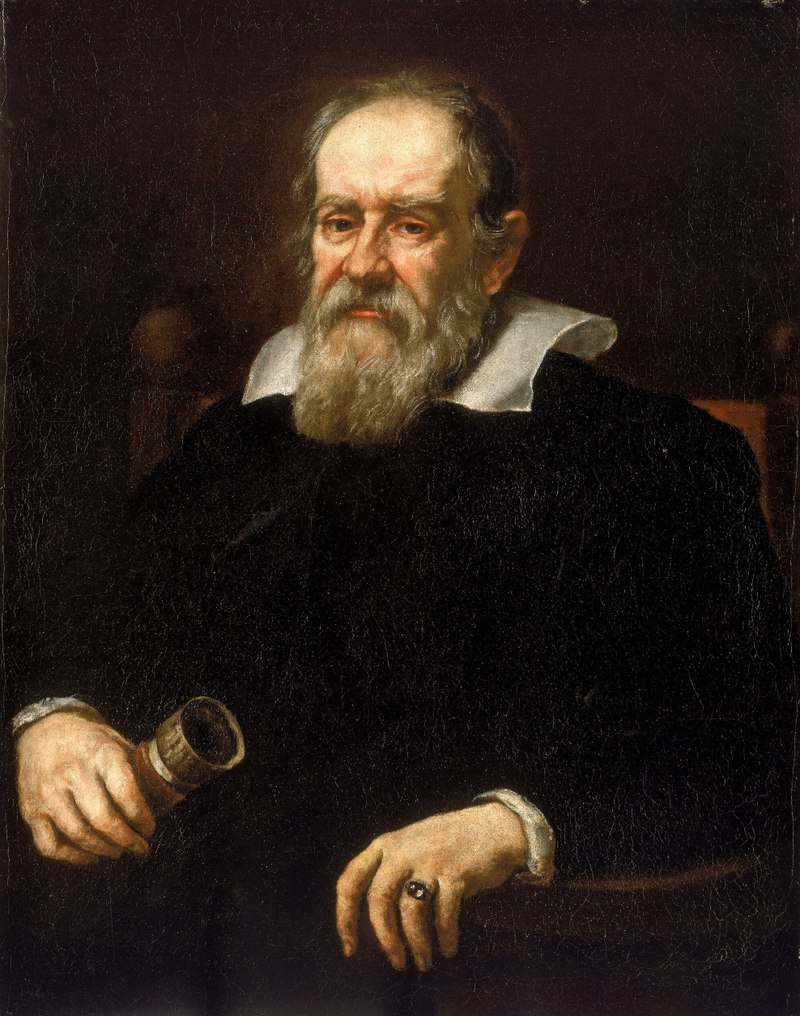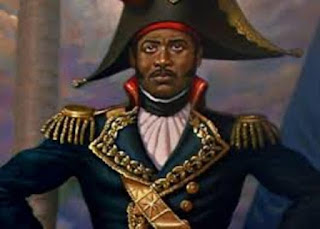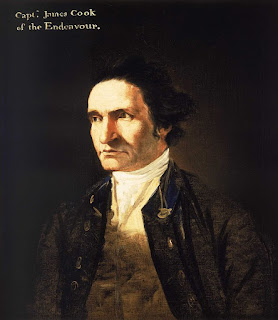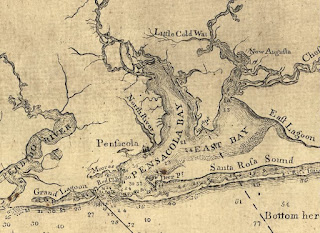On This Day August 31st
OTD August 31st is the 243rd day of the year in the Gregorian calendar; 122 days remain until the end of the year. Events 1056 – After a sudden illness a few days previously, Byzantine Empress Theodora dies childless, thus ending the Macedonian dynasty. 1422 – King Henry V of England dies of dysentery while in France. His son, Henry VI, became King of England at nine months. 1535 – Pope Paul III excommunicated English King Henry VIII from the church. He drew up a papal bull of excommunication, which began Eius qui immobilis. 1798 – Irish Rebellion: Irish rebels, with French assistance, establish the short-lived Republic of Connacht. 1864 – During the American Civil War, Union forces led by General William T. Sherman launched an assault on Atlanta. 1895 – German Count Ferdinand von Zeppelin patents his navigable balloon. 1920 – Polish–Soviet War: A decisive Polish victory in the Battle of Komarów. 1943 – USS Harmon, the first U.S. Navy ship named after a black person, is comm...
